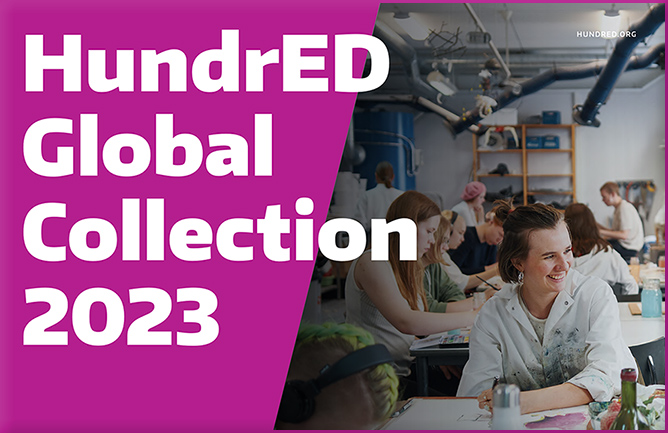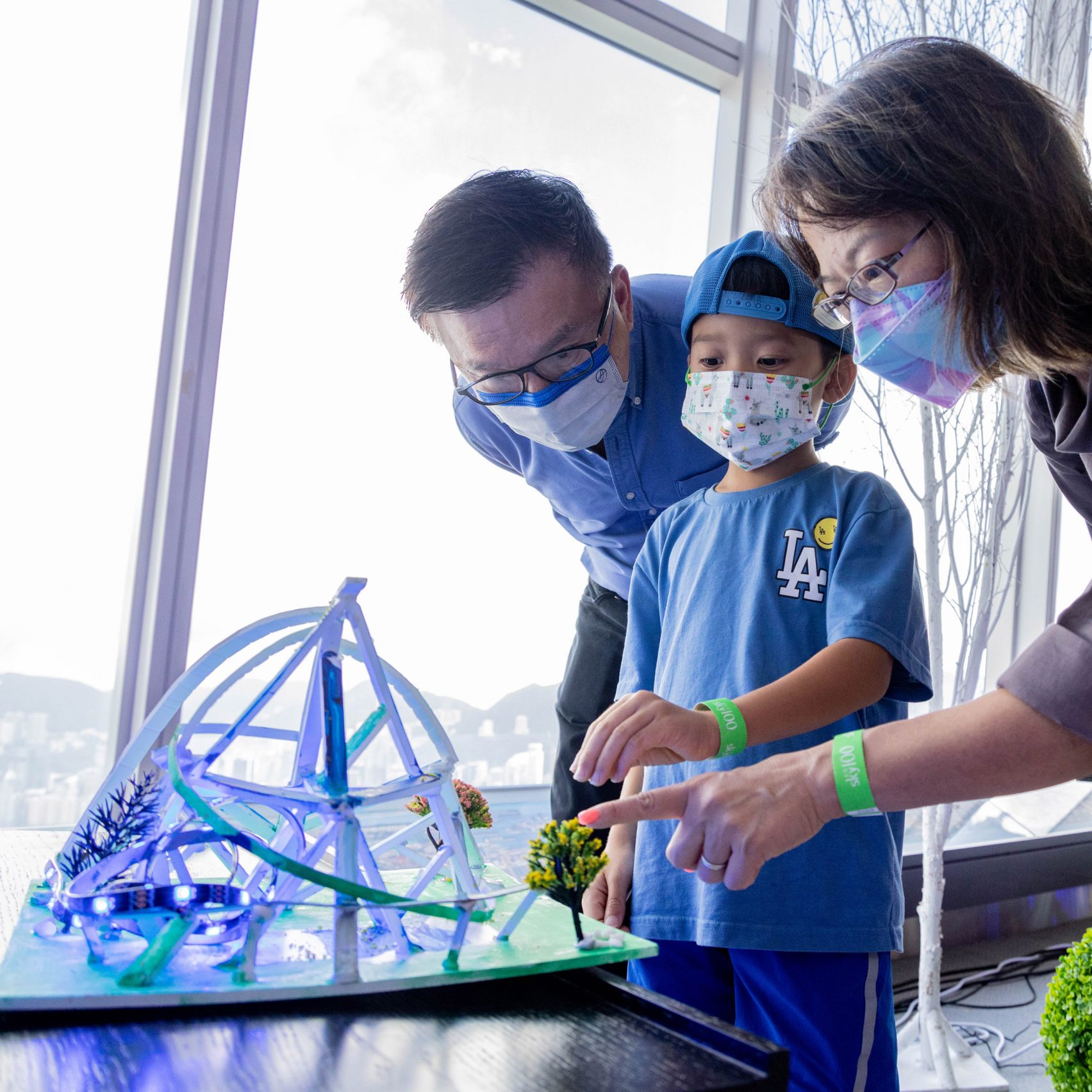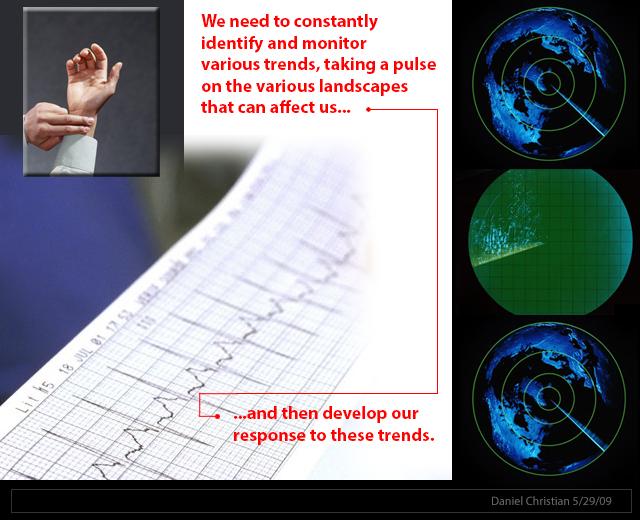From DSC:
Below are several months’ worth of labor market updates from Handshake’s blog — with thanks to Paul Fain for this resource.
February 2023 Early Talent Labor Market Update — from joinhandshake.com/blog/
Demand for tech talent outside of coastal states
Key takeaways
- Tech hubs no longer? Traditional tech hubs like California and New York are seeing fewer entry-level job openings for technical talent and less interest from students.
- A rising tech diaspora: States in other parts of the country, like Iowa (+10.9%) and Maryland (+5.1%), are emerging as locations with more job postings for technical roles—at the same time, students have demonstrated interest in applying to opportunities in those states.
- New hubs for tech talent: Students are demonstrating greater openness to a wider array of geographic locations for tech roles with large increases in applications per job in states like Oklahoma (4.8x), Arizona (2.3x), and Oregon (2.7x).
January 2023 Early Talent Labor Market Updates — from joinhandshake.com/blog/
Employers still have strong demand for entry-level technical talent.
Key takeaways
2022 was a difficult year for workers in tech, as the industry was hit hard by hiring freezes and layoffs. Despite an overall slowdown in tech sector hiring, there are several bright spots in the technical labor market that should give early talent reason for optimism.
- Tech industry is still investing in (tech) talent
- Software and computer tech jobs outside of tech industry
- Tech, but not in software
December 2022 Early Talent Labor Market Updates — from joinhandshake.com/blog/
Part-time jobs falling year over year with retail leading the way
Key takeaways
- Demand for early talent to fill part-time roles has dropped compared to earlier this year, and part-time jobs saw the largest year-over-year decrease (-32%) in job postings on the platform, when compared to full-time and internships.
- Notably employers who are still creating new jobs have been hiring more for full-time roles and internships with job postings per employer up 1% and 7% respectively.
- The retail industry, which relies on part-time workers through the holiday season, has seen the greatest year-over-year decrease in part-time job postings that were listed between October and November with a drop of 51%













